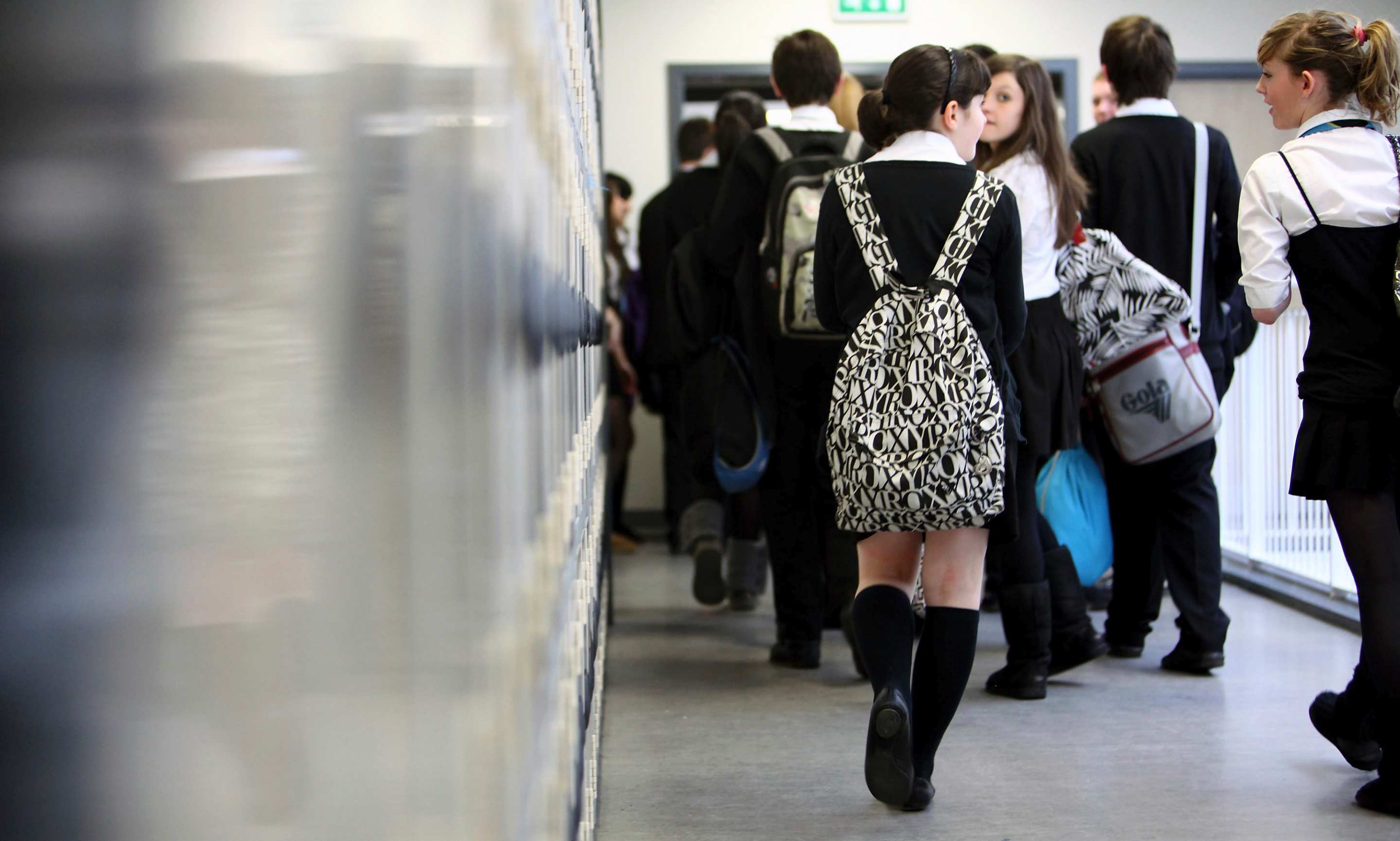Students missing out on education in democracy
Why is it proving so hard to get a specific curriculum on democracy taught in all Australian schools, asks Professor Murray Print.

Teaching about democracy differs across states and territories. Image: iStock
Democracy is not a natural condition. It has to be learnt. And where, how much, when, and in what ways it is learnt helps determine a person's understanding and practice of democracy.
Importantly, we learn the skills and values that are essential to a successful democracy. Those essential values that Prime Minister Malcolm Turnbull enunciated recently when addressing extremism and the radicalisation of youth — tolerance, equity, fairness, freedoms.
NSW Premier Mike Baird is correct when he says that school is a key place where programs need to address issues of radicalising youth. Specific measures need to be in place to counter the possible rise of the "lone wolf" terrorist.
But the problem is more widespread than a few individuals.
Young people across our society should learn about our democracy and its value base. We need young people to reinforce and sustain a strong democracy, one resilient to extremisms of all forms. School is the best place to learn about democracy in a non-partisan, informed and balanced way.
What is the situation in Australian schools? Do our students learn about democracy? Are they able to acquire the skills and values needed to be democratic citizens and be resilient against extremism?
Perhaps. It depends on individual schools as well as individual teachers and what state or territory you live in.
School is the best place to learn about democracy in a non-partisan, informed and balanced way.
One thing is certain. In NSW schools it is unlikely to be learnt. Why? Because teaching about democracy can all too easily be ignored.
The curriculum responsibility for teaching about democracy rests with Civics and Citizenship Education. NSW students might encounter some in history and possibly geography as well.
But that assumes Civics and Citizenship Education is actually taught in NSW schools and as a school subject. Currently it is not. Supposedly it is "integrated" into history and geography.
In reality a school subject that is "integrated" into another means that it can be, and usually is, ignored. No one has ownership of the subject and the pressing demands of the history and geography curricula means that it can easily be missed.
Yet there is a specific curriculum for Civics and Citizenship Education prepared and available as a stand-alone subject for schools. But it is not taught in NSW.
The Australian Curriculum Assessment and Reporting Authority (ACARA) produced a world class Civics and Citizenship curriculum for all Australian schools. And it has a central theme of learning about democracy.
The subject Australian Curriculum: Civics and Citizenship (ACCC) also addresses issues of identity — a major issue for young people — and what it means to be a citizen in a democracy.
Will Australian students learn about democracy and citizenship through the ACCC? Probably if they live in the ACT, Northern Territory, Queensland or South Australia, where the curriculum is being implemented. And possibly in Victoria, which plans for a 2017 implementation, and Western Australia, which intends implementing an adapted curriculum in 2016.
But not in NSW as the ACCC is not taught in NSW schools, nor is it likely to be in the foreseeable future, because the NSW Board of Studies, Teaching and Educational Standards (BOSTES) hasn't approved it for NSW schools.
Although BOSTES is a NSW Government authority with responsibility for the development of K-12 curriculum, there is no plan for the Australian Curriculum Civics and Citizenship to be employed in NSW schools. The BOSTES website shows plans for history and geography over the next few years but not for Civics and Citizenship Education.
So who will teach about democracy to NSW school students? Who will help build a strong base of democratic values for our citizens? Who will teach the ACCC?
The irony is the NSW Government has approved the ACCC through its role in the Education Council.
So all NSW schools could learn about democracy through the ACCC — but only if the BOSTES implements this curriculum.